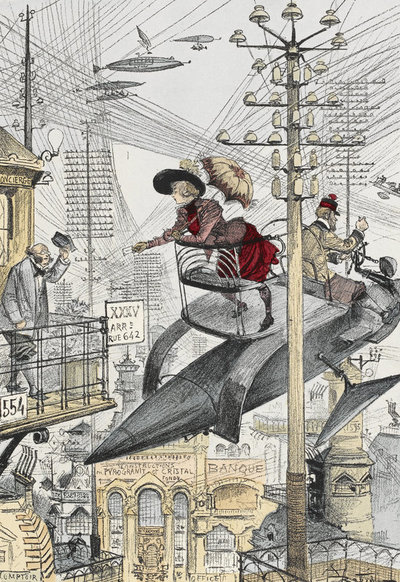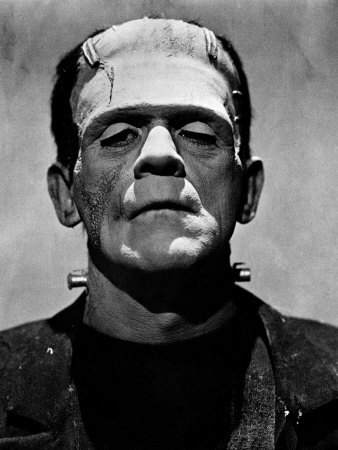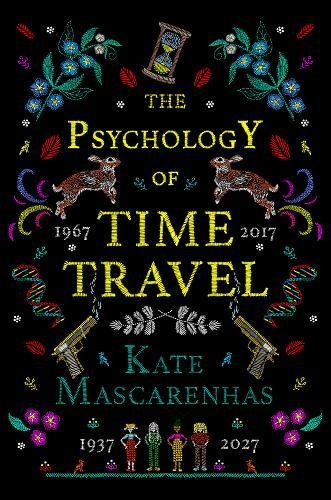|
Kate Mascarenhas, The Psychology of Time Travel, Head of Zeus, 2018. Available as an audiobook on Audible. One of my favourite trope in SFF is time travel. It can be done magnificently or it can fail miserably. But The Psychology of Time Travel isn't so much about time travel than about what make humans tick. Time travel becomes the means to illuminate power, the sense of belonging, mental health issues, love and revenge. Margaret, Lucille, Barbara and Grace are scientists. They have invented time travel. They test it themselves, then call the BBC for a live interview. But while they are filmed, Barbara suffers from a mental breakdown. From that moment on, the other three will dissociate themselves from her. Decades later, Barbara is an old woman who still regrets not being part anymore of the time travel adventure. Though it's not so much an adventure these days than a powerful corporation with its own laws and its own money, led by Margaret. One day, Barbara and Ruby, her grand-daughter, receive a message from the future about the death of an old woman. But who is that woman? The Psychology of Time Travel presents a murder mystery as the hook. In itself, it's a pretty decent murder mystery; it has a locked door, time travel shenanigans (of course) and I didn't guess who did it before being three quarters into the book. But the novel is more about human relationships and what make us tick. Mascarenhas deals sensitively with mental health issues (CW: some scenes of abuse of mentally ill persons) and explores the human psyche in depth. The time-travelling corporation, the Conclave, offers also a thoughtful take on obedience, authority and conformity. In a sense, The Psychology of Time Travel is more like The Time Traveller's Wife than Connie Willis' Oxford novels. Yes, there are two characters who are romantically involved, but it's not why it reminds me of the Niffenegger's novel. It's more because what both these novels are studying is the effect of time travel on people. Romance isn't the focus, as the murder mystery isn't the focus either. It is how these women, who are all different (race, sexual orientation, class, age, mothers or not), relate - or not - to each other. In case it wasn't clear, the book offers as an annex the psychology assessments created by the Conclave for the time travellers. It's a really nice touch, which probably involved a lot of work from Mascarenhas. It adds a little depth to the world and it underlines that the key word in the title really is "Psychology". The characters are a bit give or take. Though I found myself really touched by some of them, in particular Odette (I love a quiet woman as a main character) and Ruby, some were a bit too mercurial or aloof for me to be involved in what happened to them, though this comes down to personal tastes. The Psychology of Time Travel is certainly not a book for gatekeepers who "know" what "the laws" of time travel are, what science-fiction is, and who should be in it and who should be allowed to write it. It's a book for people who want a thoughtful study of humanity, with fascinating characters and a really good premise. Sometimes it's fun, sometimes it's bleak, often it's intriguing. Basically, it's a typical small press publication because it's a novel that takes risks. And they pay in spades. The writer's website. If you've like The Psychology of Time Travel, you may also like
0 Comments
Your comment will be posted after it is approved.
Leave a Reply. |
All reviews are spoiler free unless explicitly stated otherwise.
I only review stories I have liked even if my opinion may be nuanced. It doesn't apply for the "Novels published before 1978" series of blog posts. Comments are closed, having neither time nor the inclination to moderate them. |
WHAT IS THE MIDDLE SHELF?
The middle shelf is a science-fiction and fantasy books reviewS blog, bringing you diverse and great stories .
PLEASE SUPPORT AUTHORS.
IF YOU LIKE IT, BUY IT. |
ON THE MIDDLE SHELF
|
KEEP IN TOUCH WITH THE MIDDLE SHELF
|







 RSS Feed
RSS Feed
